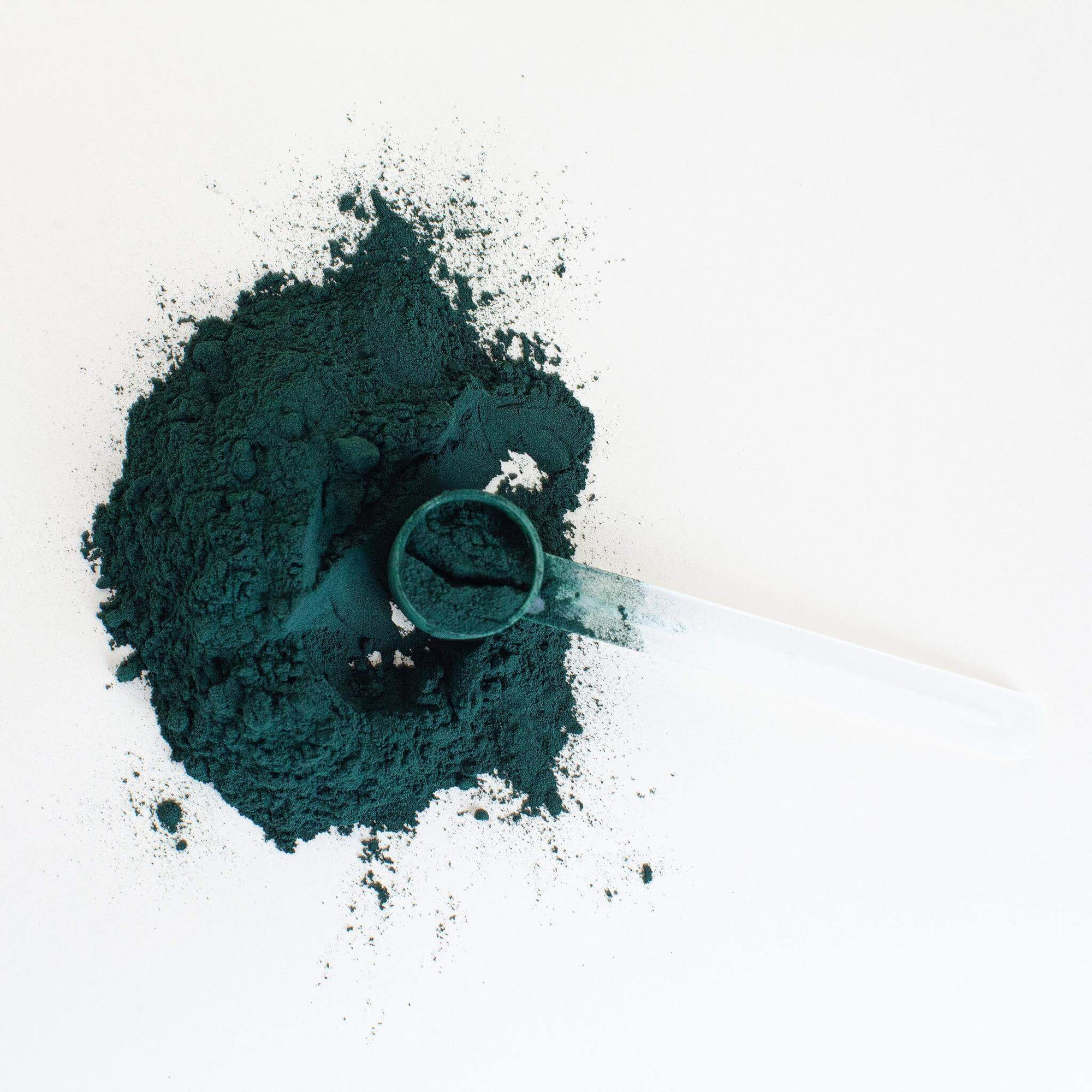Renowned as a superfood and hailed for its intense nutrient density, Spirulina has been a dietary staple in various cultures for centuries. But what elevates this blue-green alga to a modern marvel for nutritionists and health enthusiasts? Let’s explore the depths of Spirulina health benefits.
Historical Use of Spirulina: An Ancient Superfood
Spirulina's consumption dates back to the Aztecs and other Mesoamerican communities. Historical records, including those by Spanish conquistadors, reference its use as a daily food source. This longevity in human diets underscores its nutritional value and adaptability.
From Lakes to Modern Farms
Traditionally harvested from lakes and other freshwater sources, today's Spirulina is cultivated in controlled environments. This shift guarantees purity, quality, and safety, making Spirulina a reliable addition to modern diets.
The Science Behind Spirulina's Nutrient Richness
A Protein Powerhouse
Spirulina's protein content is a standout feature, comprising about 60% of its dry weight and including all essential amino acids. This high protein content positions Spirulina as an ideal supplement for vegetarians and vegans.
Vitamins and Minerals Galore
Spirulina is a treasure trove of vitamins and minerals. It's particularly rich in B vitamins, including B12, making it a crucial supplement for those with limited meat intake. It's also a significant source of iron, manganese, magnesium, potassium, and zinc.
Antioxidant and Anti-Inflammatory Properties
The distinctive blue-green hue of Spirulina is attributed to phycocyanin, a compound with potent antioxidant properties. Combined with beta-carotene and other elements, Spirulina is a formidable opponent against oxidative stress.
Boosting the Immune Response
Emerging studies suggest that Spirulina can enhance the immune system, aiding in the production of white blood cells and antibodies, key components in fighting off infections.
Spirulina in Dietary Supplements
Dosage and Consumption
While the optimal dose can vary, a standard range is between 1-3 grams daily. However, doses up to 10 grams daily have been used in studies without any noted adverse effects.
Safety and Side Effects
Generally safe, Spirulina must be sourced from reputable suppliers to avoid contamination. Some individuals may experience mild side effects like nausea or headaches.
Expanded Benefits of Spirulina
Cardiovascular Health
Spirulina's role in cardiovascular health is being closely studied. Its high antioxidant content may contribute to reducing cholesterol levels, thereby lowering the risk of heart disease.
Energy Boost
Many users report an increase in energy after consuming Spirulina, likely due to its rich nutrient profile. This makes it a popular supplement among athletes and those leading active lifestyles.
Detoxification Properties
Spirulina is believed to have detoxifying properties, especially in removing heavy metals from the body. This is crucial in today’s world, where environmental pollution is a growing concern.
Spirulina in Culinary Uses
Beyond supplements, Spirulina is finding its way into kitchens. Its intense color and nutrient profile make it a popular ingredient in health-focused recipes, smoothies, and even baked goods.
Conclusion: Spirulina's Place in the Superfood Hall of Fame
Spirulina stands out not just for its vibrant color but for the myriad of health benefits it offers. With its rich history and growing body of scientific research, Spirulina's place in the superfood hall of fame is well-deserved.
FAQs
Q1: Can Spirulina help in weight loss? A1: While its direct effects on weight loss need more research, Spirulina's protein content can aid in satiety.
Q2: Is it safe for pregnant or breastfeeding women? A2: Consultation with a healthcare professional is advised before taking Spirulina during pregnancy or breastfeeding.
Q3: Can Spirulina cause allergies? A3: Allergies are rare, but it’s advisable to start with a small dose and monitor for reactions.
Q4: How does Spirulina taste? A4: Spirulina has a strong, seaweed-like flavor, often masked in smoothies or juices.
Q5: Does Spirulina contain iodine? A5: Yes, it contains iodine. Those with thyroid conditions should consult their doctors before use.


